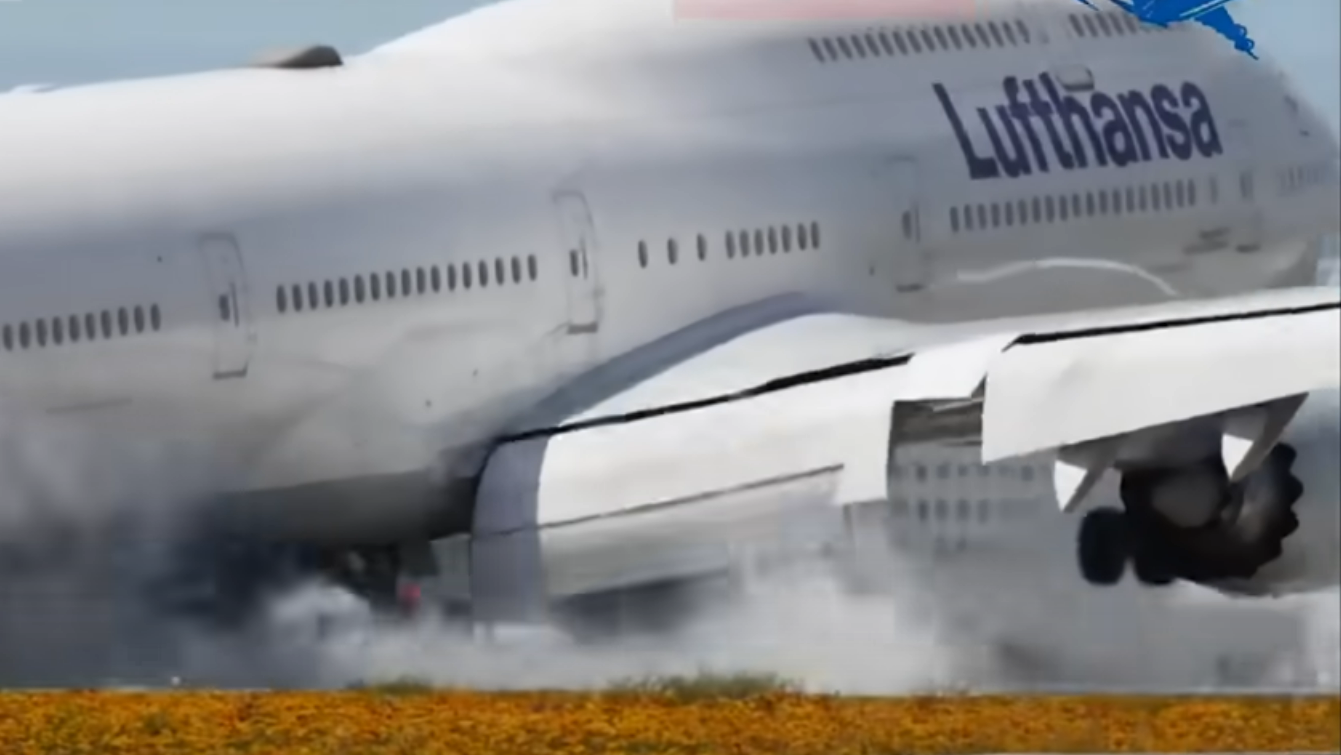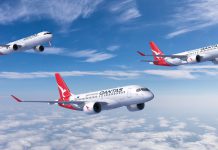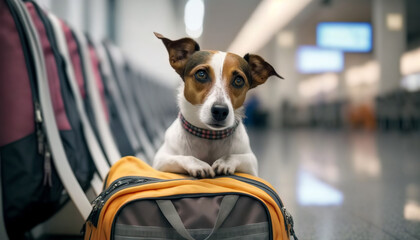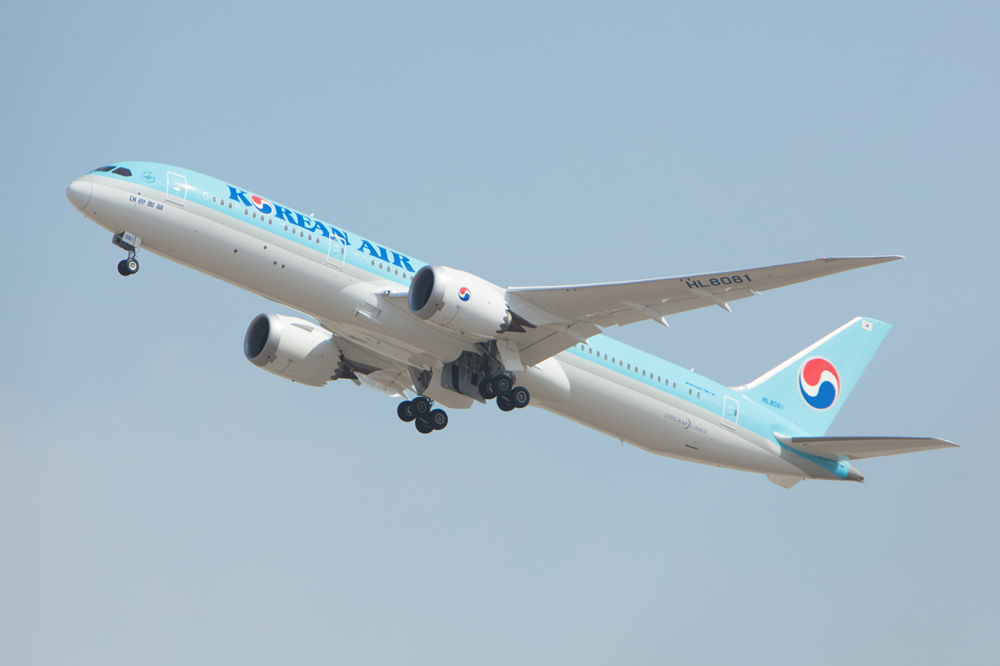Ryanair now expects its Boeing 737 MAX deliveries to be delayed to March or April 2020 and says the risk of a further setabck is rising.
The European low-cost carrier originally expected to receive the first plane in the second quarter of 2019 but this was thwarted by the grounding of the global MAX fleet after two fatal accidents.
READ: Cebu pacific firms order for world’s most crowded plane.
Ryanair said in its first-half results that it now expects to receive just 20 MAX-200 aircraft in time for the 2020 summer peak instead of the 58 it first expected.
This would cut its summer growth from 7 percent to 3 percent and means it will carry an estimated 157 million passengers in fiscal 2021 compared to a previous prediction of 162 million.
“We remain confident that these “gamechanger” aircraft (which have 4 percent more seats, but burn 16 percent less fuel) when delivered will transform our cost base and our business for the next decade,’’ Ryanair said in its results announcement.
“Due to these delivery delays, we will not see any of these expected cost savings delivered until FY21.”
There is still no definitive date for a MAX return to service. Boeing is hoping the US Federal Aviation Administration decision on a crucial changes to flight control software and training within weeks.
Even if that happens, however, aircraft are unlikely to return to scheduled service until the New Year.
The Wall Street Journal reported Monday that US carriers plan to conduct their own demonstration flights to reassure the public ahead of a return to service.
The European Union Aviation Safety Agency (EASA) also plans to conduct an assessment and the head of the agency, Patrick KY, has said this will mean a return to service in early 2020.
READ: Europe expects MAX to return early next year.
Ryanair reported its first-half results were flat with a net profit of €1.15 billion and the airline was cautious about the remainder of the year with a narrowed full-year guidance for an after-tax profit of an €800m to €900m.
“We try to avoid the unreliable optimism of some competitors,’’ the airline said.
“Full-year traffic will grow 8 percent to 153m but we expect a slightly better fare environment than last winter (although we have limited H2 visibility).
“This, however, remains sensitive to any market uncertainty such as a ‘no deal’ Brexit.”
The results showed first-half revenue at the carrier grew 11 percent to €5.39bn.
Scheduled Sales rose 5 percent to €3.74bn as it carried 86m guests at 5 percent lower air fares due to the weak consumer demand in the UK and overcapacity in Germany and Austria.
A bright spot was ancillary revenue, which jumped 28 percent to €1.65bn as more passengers chose priority boarding and preferred seat services.
The LCC said it expected ancillary revenues to grow ahead of traffic growth in the second half to support a full year unit revenue rise of 2 to 3 percent.
























